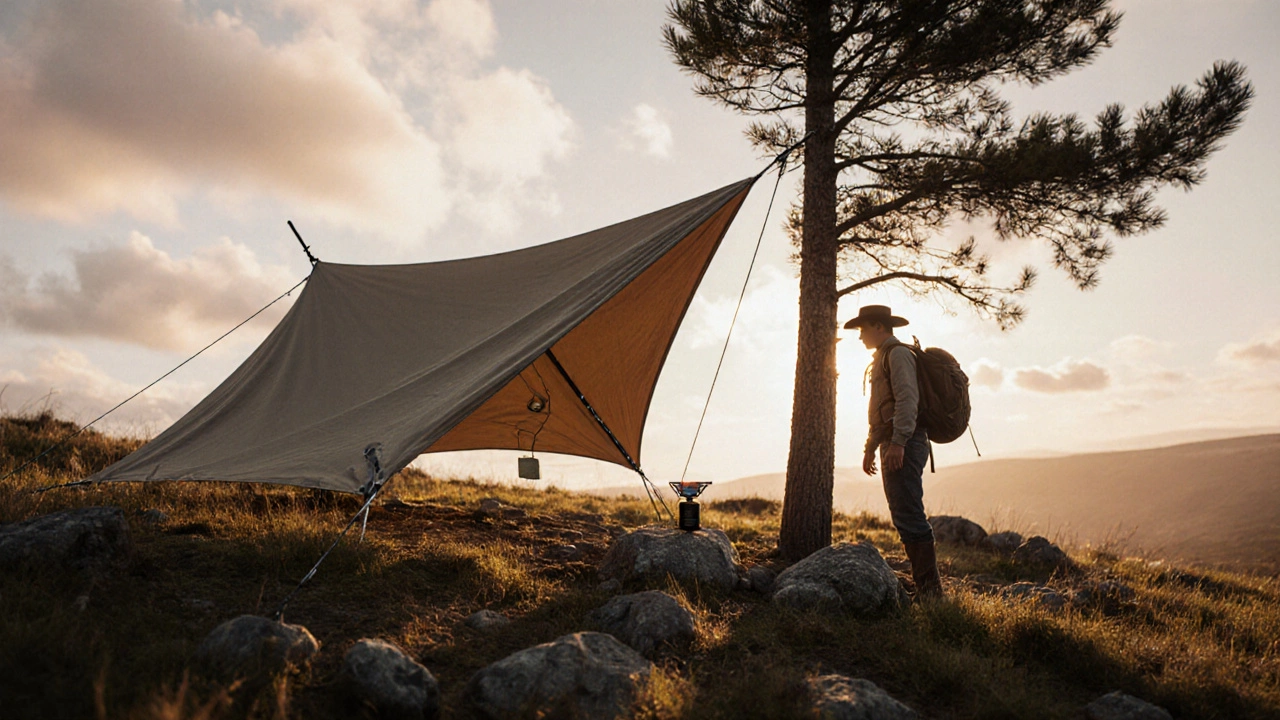
What Is Cowboy Camping? A Complete Guide to Off‑Grid Outdoor Adventures
Discover what cowboy camping really is, the gear you need, how to set up a tarp, safety tips, legal aspects, and a beginner-friendly guide for off‑grid adventures.
Read MoreIf you love the idea of sleeping under the stars without a booked site, wild camping is the answer. It lets you chase fresh air, quiet woods, and hidden hilltops. But freedom comes with a few rules, especially in England, Scotland, Wales and Northern Ireland. Below you’ll find the must‑know legal bits, where to find good spots, and practical advice to stay safe and comfortable.
In England and Wales the law is clear: you need the landowner’s permission. That usually means you can pitch on open countryside if the land is marked as “Access Land” under the Countryside Act, or if you’re on a public right‑of‑way and can’t see a sign saying no camping. Scotland is much simpler – the Land Reform (Scotland) Act of 2003 gives everyone the right to camp on most unenclosed land for up to 24 hours, as long as you act responsibly.
Practical tip: look for signs, check the Freedom to Roam map, or ask a local farmer. If you’re near a forest, remember that most commercial woodlands are private, so a quick chat with the ranger can save you a fine.
Start with a lightweight tent or a bivvy sack that can handle rain. A good sleeping bag rated for 5‑10°C will keep you warm on most UK nights. Pack a compact stove, a rain‑proof tarp, and a small tarp or footprint to protect the ground.
Leave no trace is non‑negotiable. Pack out everything you bring in, dig a small cathole for human waste (at least 15 cm deep), and spread out any fire‑safe cooking to avoid marks. A small shovel and biodegradable soap go a long way.When you pick a spot, aim for high ground away from running water to avoid flooding. Check the weather forecast – UK weather changes quickly – and have a backup site in mind.
Safety-wise, let someone know where you’re heading, especially if you’re solo. A basic first‑aid kit, a whistle, and a fully charged phone (or a power bank) are essential. If you’re near a road, keep the car parked safely off the lane; never block traffic.
Finally, respect local wildlife. Store food in airtight containers, keep dogs on a short lead, and avoid disturbing nesting birds. Following these simple habits means you’ll get a great experience and keep the countryside open for everyone.
Wild camping in the UK can be as easy as a short drive from Nottingham to a quiet patch of heathland. With the right knowledge, a bit of gear, and a spirit of responsibility, you’ll enjoy the freedom of the open road without any hassles.

Discover what cowboy camping really is, the gear you need, how to set up a tarp, safety tips, legal aspects, and a beginner-friendly guide for off‑grid adventures.
Read More
Thinking about carrying a bushcraft knife in the UK for wild camping? The rules can catch you off guard. This article breaks down UK knife laws in simple terms, showing what’s legal, what’s not, and how to stay out of trouble. We’ll look at real-life situations and share a few handy tips to help you enjoy outdoor adventures without any run-ins with the law. Get prepared before your next trip out into the wild.
Read More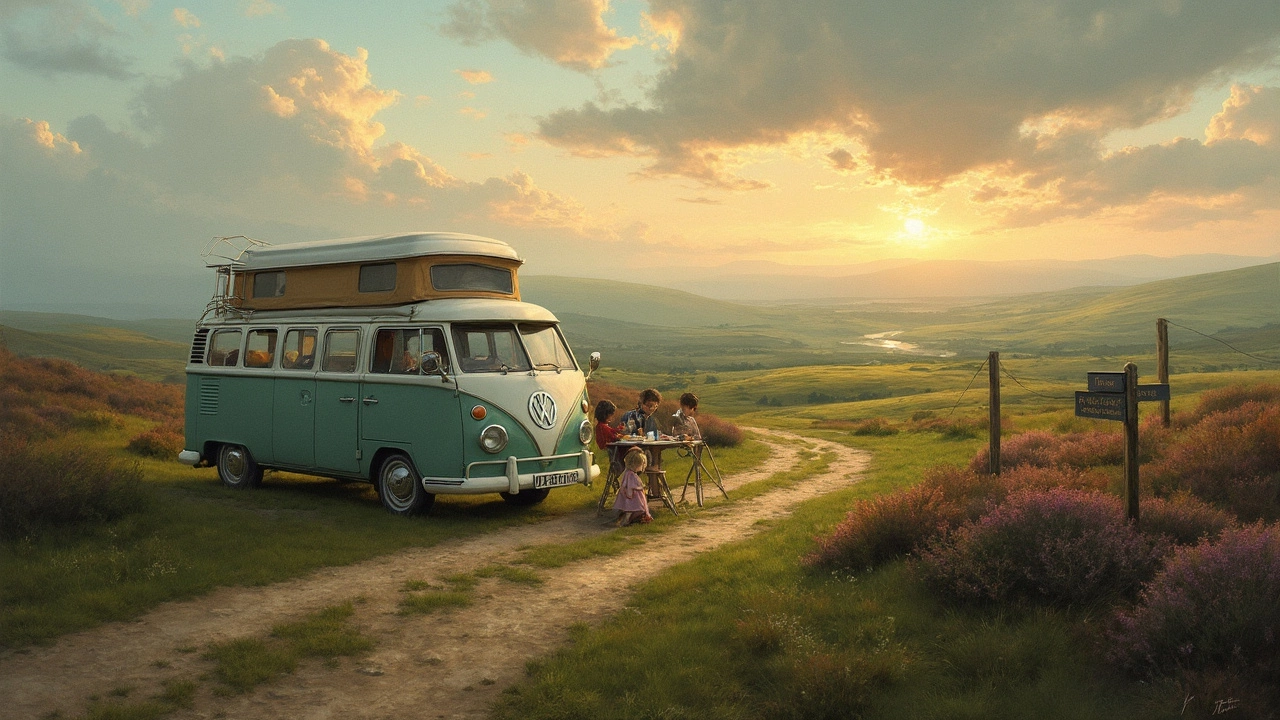
Wild camping in the UK feels like a dream—just park up and enjoy! But is boondocking actually legal here? This article cuts through the confusion, digging into the laws and local attitudes that shape where you can and can't stay off-grid. Get straightforward tips, real-life examples, and advice to avoid any nasty surprises. If you want a hassle-free vanlife or motorhome adventure around the UK, you need to know what’s allowed.
Read More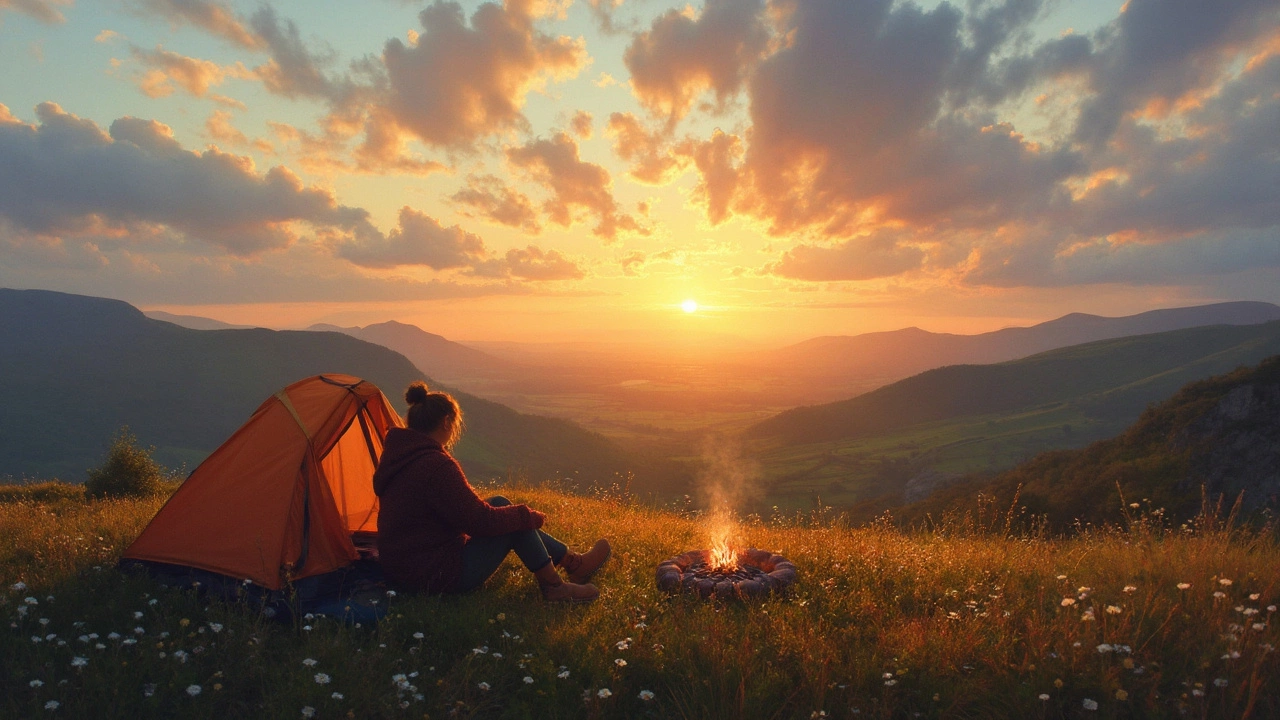
Dreaming of stepping away from the hustle and bustle and going off-grid in the UK? From breathtaking landscapes to practical survival tips, there’s a lot to consider before you pack your bags. Delve into the essentials of wild camping, tackle legalities, and explore how to responsibly enjoy the untamed beauty the UK offers. Whether you're a seasoned camper or a beginner, embrace sustainable and adventurous camping experiences.
Read More
Thinking about pitching a tent on a UK beach? Wild camping on beaches in the UK might feel like the ultimate adventure, but it's essential to know the rules and respect the environment. Not all beaches allow wild camping, and those that do have specific guidelines to follow. Discover tips, regulations, and some coastal spots where you can enjoy a night under the stars.
Read More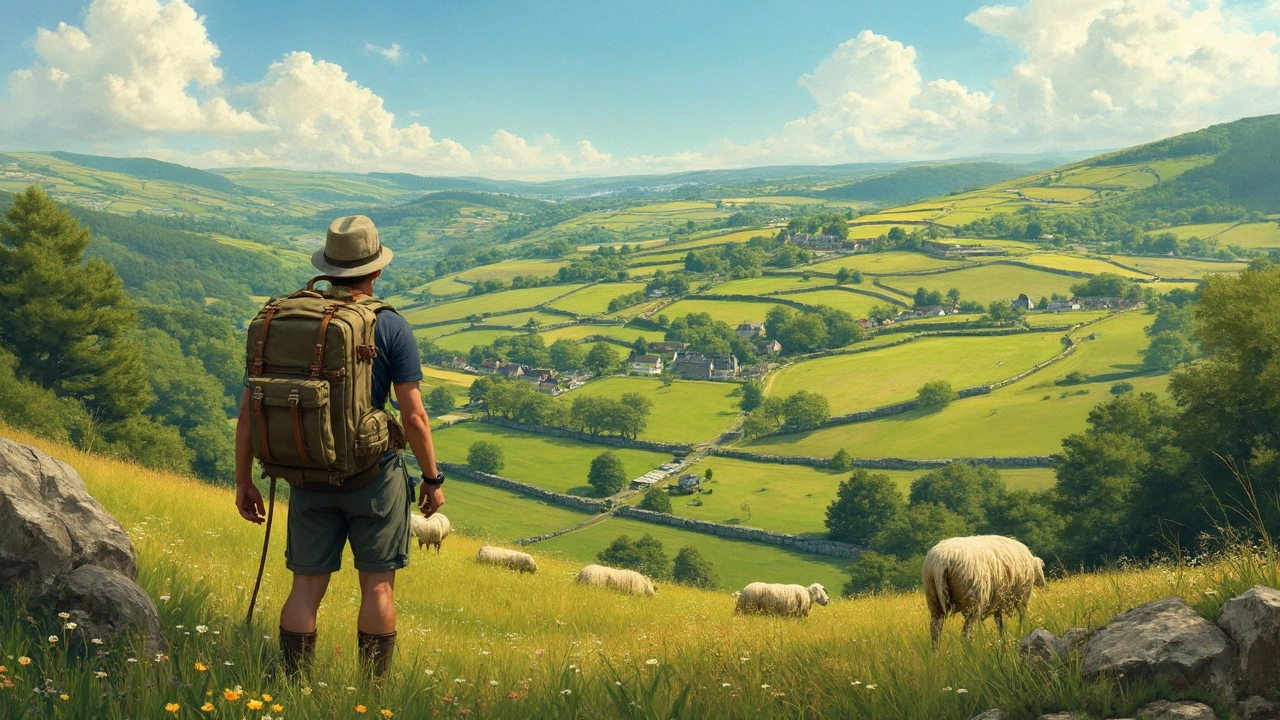
Wild camping in England is often illegal due to laws protecting private land and ensuring conservation. England's countryside is a patchwork of privately-owned lands, and without landowner permission, camping under the stars can lead to legal trouble. The article explores the historical, legal, and environmental factors influencing these restrictions, while offering insights into where campers might find legal alternatives. Tips for responsible camping and understanding local regulations are included.
Read More
Is free camping illegal in the UK? This question intrigues many camping enthusiasts yearning for an off-grid experience with nature. The legalities surrounding wild camping vary considerably across the United Kingdom, encompassing diverse regulations contingent upon location. Intricately woven into the tapestry of UK legislation are historic norms that govern where one can pitch a tent without trespassing. Learn about the current laws, potential pitfalls, and some useful tips for enjoying wild camping while staying within legal bounds.
Read More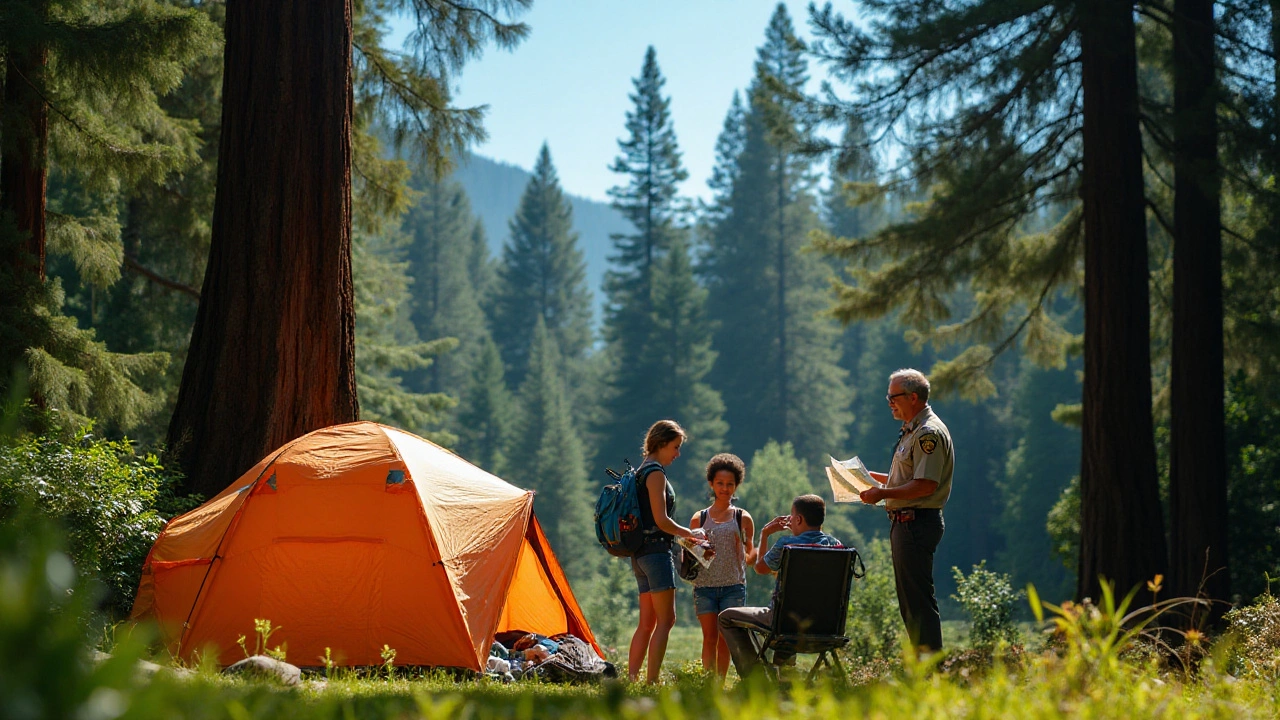
California's diverse landscapes invite outdoor enthusiasts to camp in its magnificent woods. However, the legality of camping in these areas requires a deeper understanding of state laws and regulations. While some spots offer legal camping options, many areas in California restrict or ban wild camping. This article explores the legality, provides useful camping tips, and helps you plan an enjoyable camping adventure in California's scenic forests.
Read More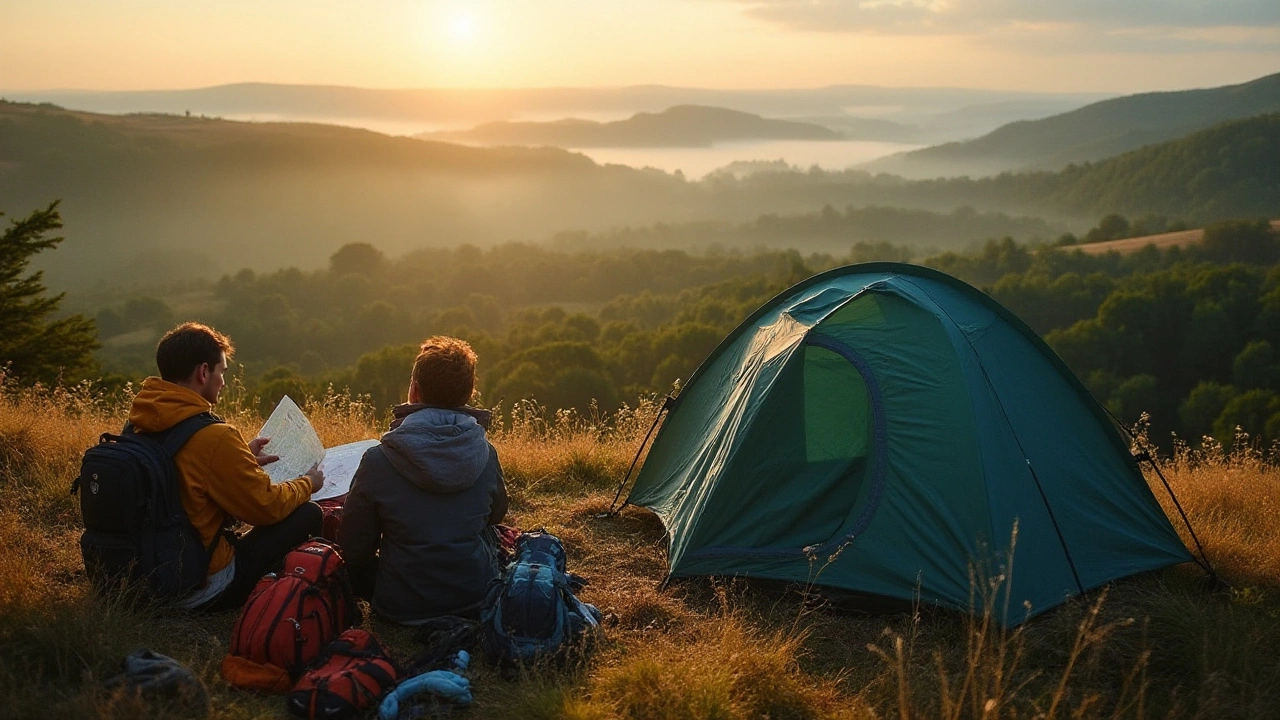
Wild camping in England can be an exhilarating adventure, but it's essential to know the rules and potential consequences before setting up your tent. England generally has strict laws against wild camping on private land without permission, with fines and removal as possible outcomes. This article will explore the legalities, risks, and alternatives for wild camping enthusiasts in England. Understanding the landscape and respecting local rules can make your camping experience safer and more enjoyable.
Read More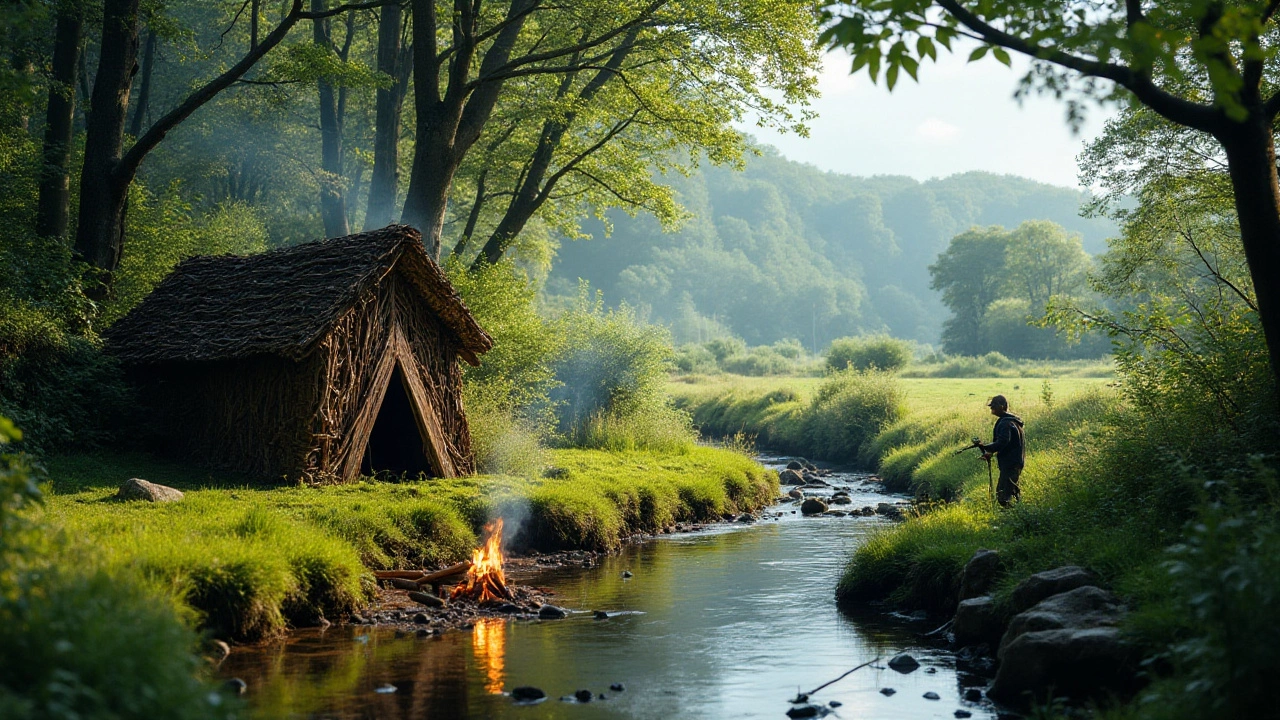
Bushcraft in the UK involves engaging with nature through skills like fire-making, shelter-building, and foraging, often tied to wild camping. While the UK’s traditional laws are restrictive compared to some parts of the world, certain lands allow for bushcraft activities with landowner permission or under specific conditions. Understanding the legal nuances can keep your outdoor adventures within the law. With growing interest in bushcraft, learning about responsible and lawful practices is essential. Discover tips for enjoying bushcraft safely and legally across the stunning countryside.
Read More